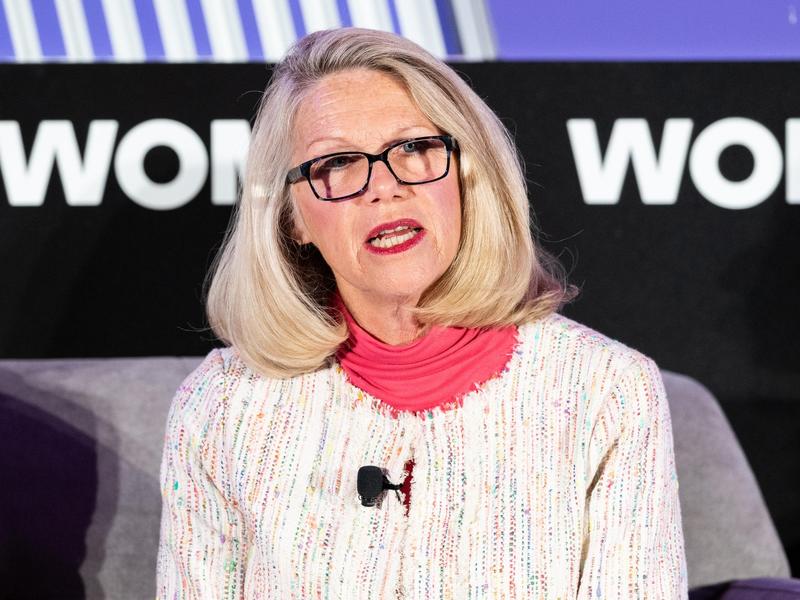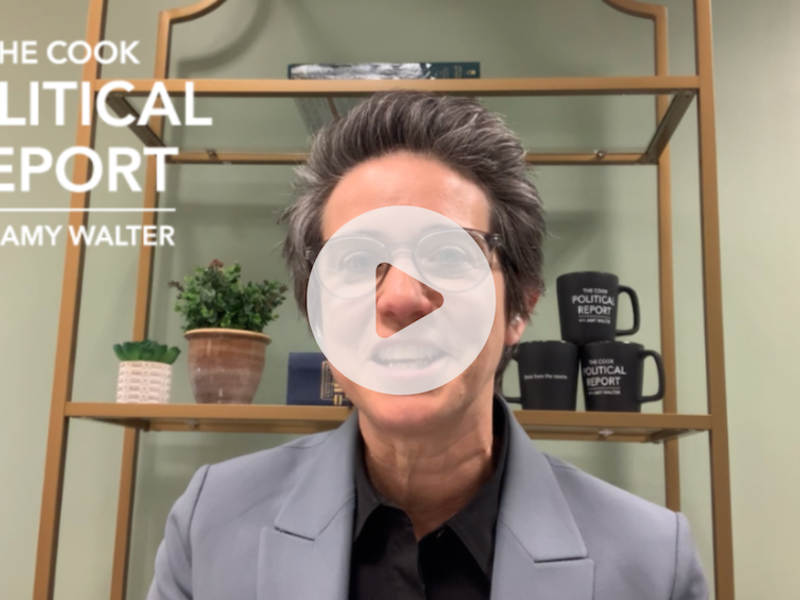
The Republican establishment is positively giddy over the apparent comeuppance of Steve Bannon in the wake of his intemperate quotes in Michael Wolff’s new book, Fire and Fury. Many in the conventional wing of the GOP had feared that Bannon, with the support of previously sympathetic but now wary billionaire benefactors, might torpedo more traditional Republican candidates in Senate and possibly House primaries this year. Under the best of circumstances, that could weaken the eventual nominees; at worst, it could result in nominating unelectable Republicans in the way that Christine O’Donnell in Delaware, Sharron Angle in Nevada, and Ken Buck in Colorado arguably cost the GOP seats in 2010, Todd Akin in Missouri and Richard Mourdock in Indiana did in 2012, and Roy Moore did last month in Alabama.
Had GOP primary voters not nominated such exotic candidates over the past eight years, they might well be sitting on a 57-seat Senate majority rather than the 51 seats they have today. Some in the GOP fervently hope that the Alabama loss and the Bannon implosion represent a turning point for their party—the tea-party movement waning and a comeback toward normalcy. It’s too soon to say whether their hopes will prove correct.
Democrats, meanwhile, could take a break from their schadenfreude and glance over at the GOP, wondering if the past decade’s developments on the opposing side could occur in their own party. The hatred that many Republicans felt for President Obama effectively radicalized a large element of their party. That helped fuel the tea-party movement, boosted those exotic Senate candidates that lost key races, and ultimately led to the downfall of the Republican establishment and the nomination and election of President Trump.
The contempt for Trump that has developed among liberals and Democrats resembles what happened in the GOP toward Obama. We could see a radicalization of a large element of the Democratic Party and a destabilization of a party establishment that already had been weakened—witness the Bernie Sanders challenge to Hillary Clinton in 2016. It is not implausible to see Democrats nominating their own exotic candidates, people who would appeal to the angry liberal base of the party but be less-than-optimal general-election candidates for Congress or even the presidency. Almost eight years ago, James Napoli, author of The Official Dictionary of Sarcasm, coined the phrase “herbal tea party” in a mocking piece in The Huffington Post. Democrats should pay attention.
Some critics argue that Democrats may be hampered in the midterm elections by having no clear leader and lacking a single, coherent message. But it is rare for any party in the first couple of years exiled from the White House to have a clear leader. This is perfectly normal. Furthermore, midterm elections rarely have anything to do with the out-of-power party; they are simply referenda on the party sitting in the White House. The “out” party wins because they are not the “in” party; they are not blamed by a discontented electorate for anything.
The notable exception was 1998, when there was an impeachment backlash against Republicans, who were in fact in power because they had control of the House and Senate. How can 2018 be about a party that has no power, unless it does something stupid? The lack of a clear message or identity for Democrats would be a governing problem in 2019, if they gain control of the House and/or Senate, and perhaps in the 2020 presidential election, but not in 2018. No offense, Democrats, but this election is simply not about you.
As some Democrats have visions of impeachment, invocation of the 25th Amendment, or passing single-payer health care dancing in their heads, they ought to be thinking about how not to make this election about them. Democrats ought to be projecting an image of a responsible party that would be an effective check on an erratic and unpopular president. They should worry about the possible impact of continued strong economic growth for the rest of this year. There will be voters who, while unenthusiastic about much of what Trump says or does, will come to appreciate a strong economy, near-full employment, and their burgeoning 401(k) accounts, opting not to rock the boat by throwing Republicans out of Congress. (Bill Clinton benefited from a similar economic dynamic in 1998.)
Many Democrats do see Trump as deserving of impeachment and removal from office, or think that the Cabinet should stage a 25th Amendment coup putting Vice President Mike Pence in the Oval Office. And maybe in a decade or two, we will end up with some variation of a single-payer health care system, but that isn’t going to happen anytime soon. A dose of realism and pragmatism might go a long way for Democrats this year.
This story was originally published on nationaljournal.com on January 9, 2018









Subscribe Today
Our subscribers have first access to individual race pages for each House, Senate and Governors race, which will include race ratings (each race is rated on a seven-point scale) and a narrative analysis pertaining to that race.